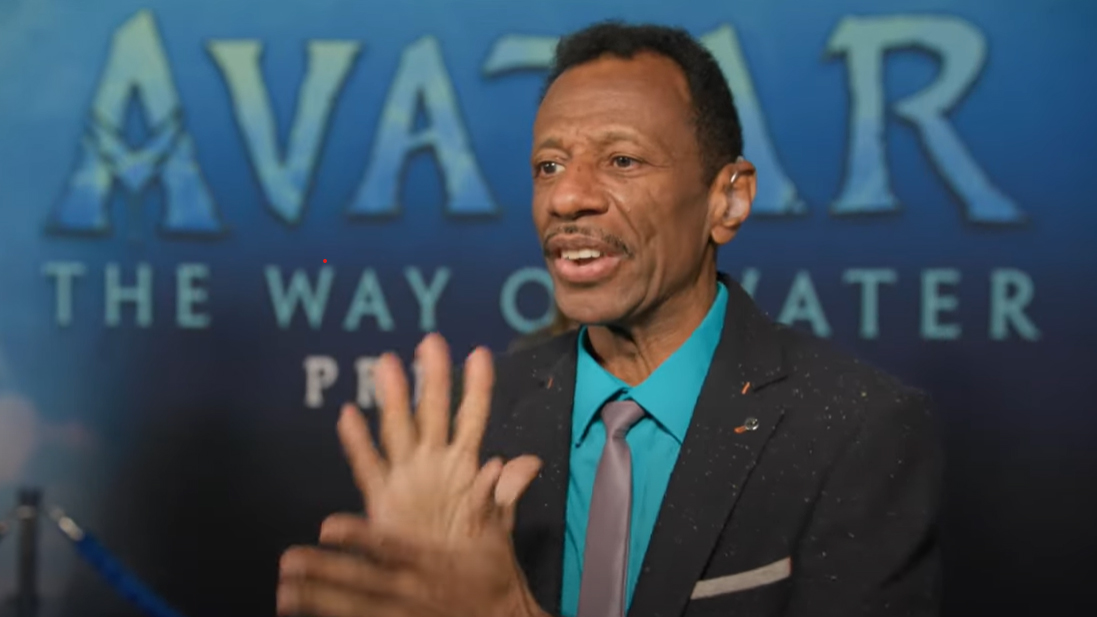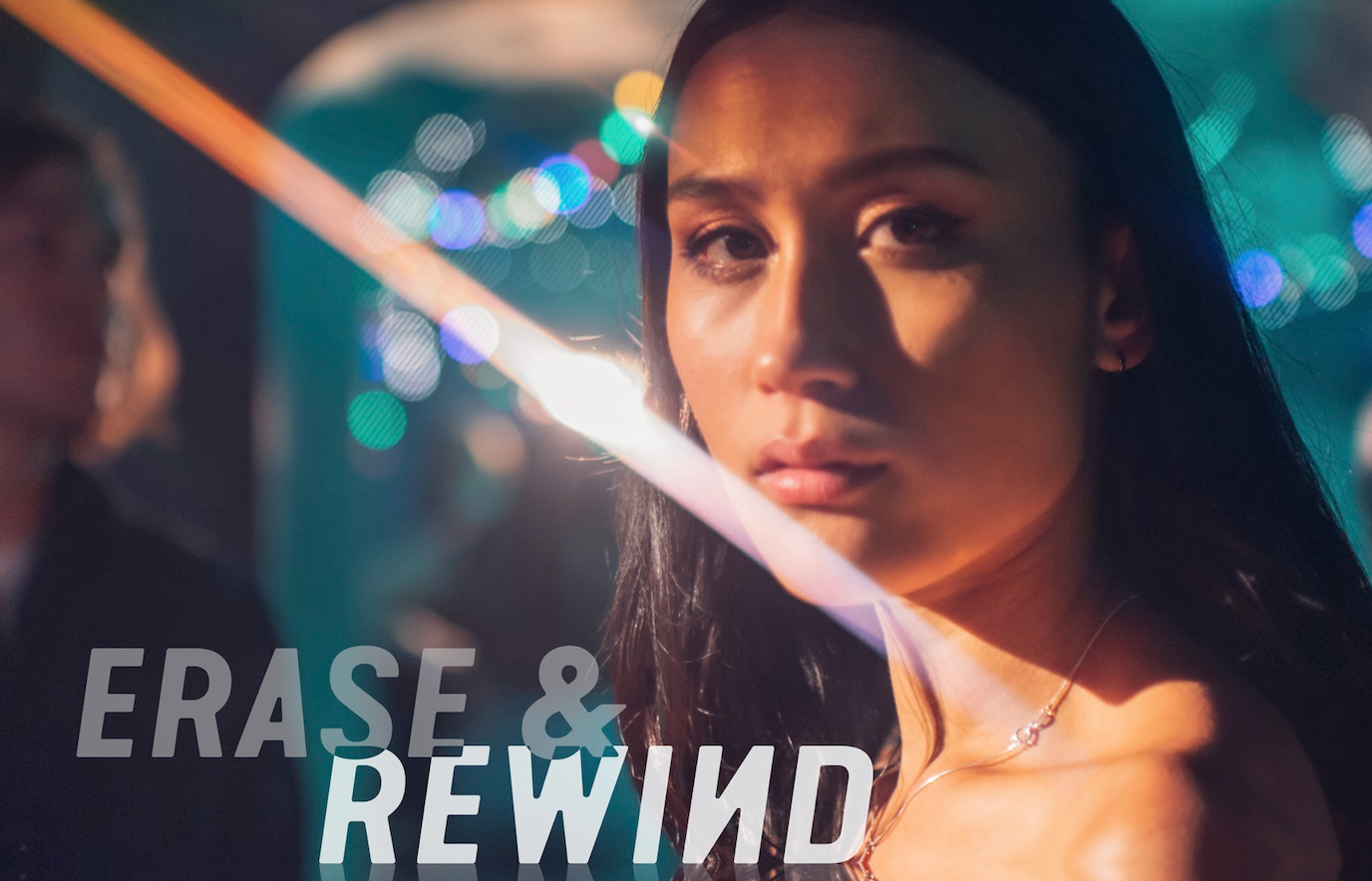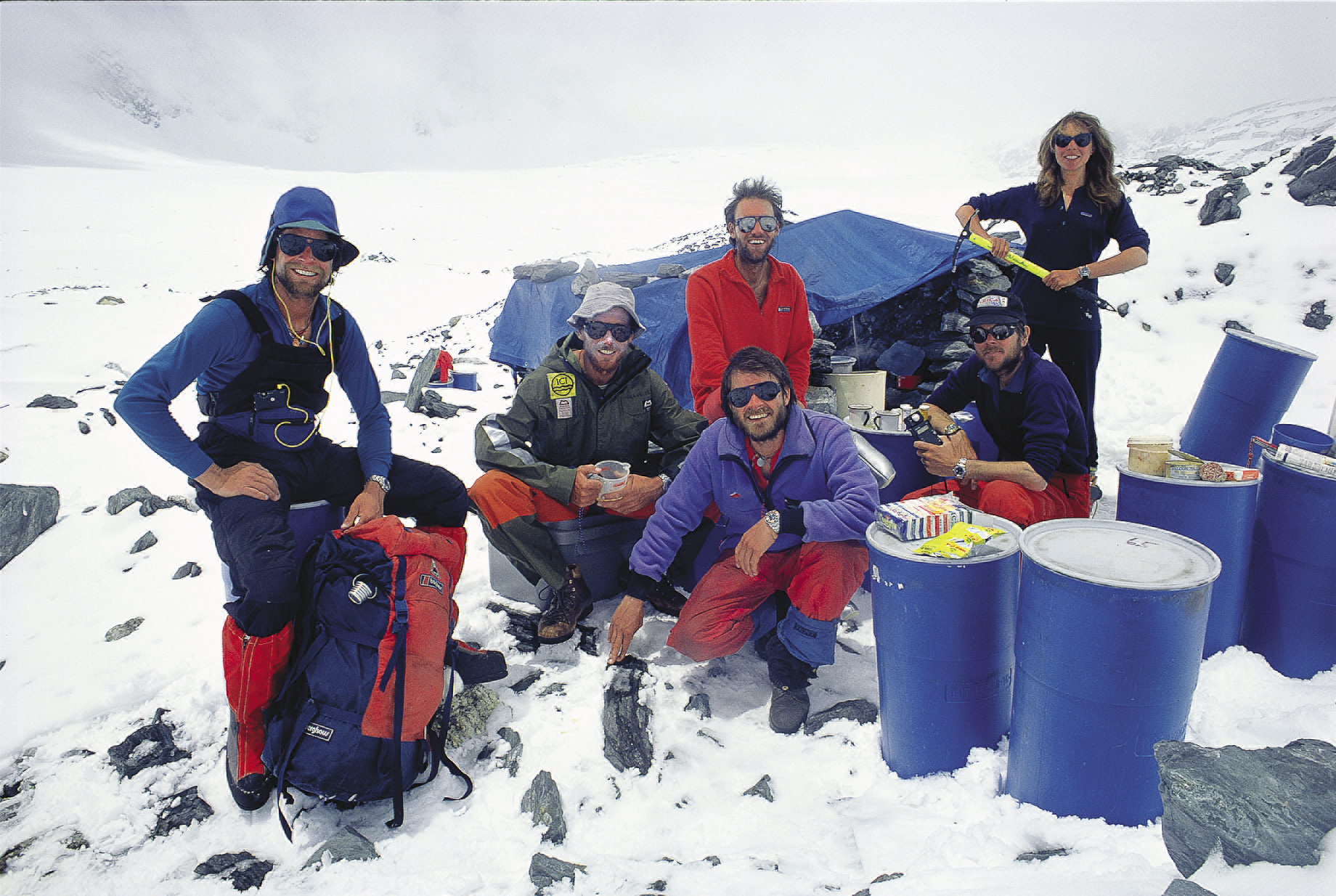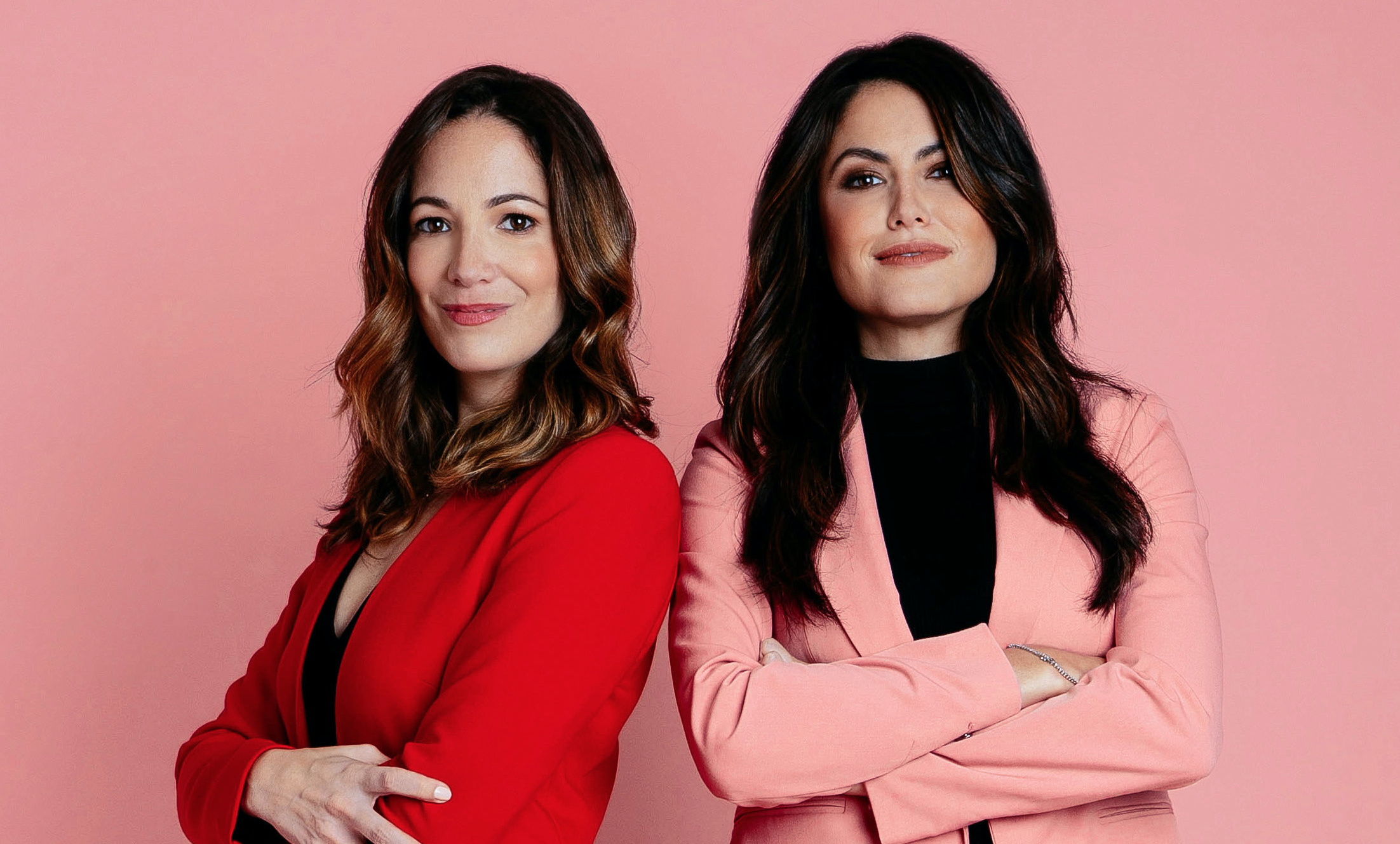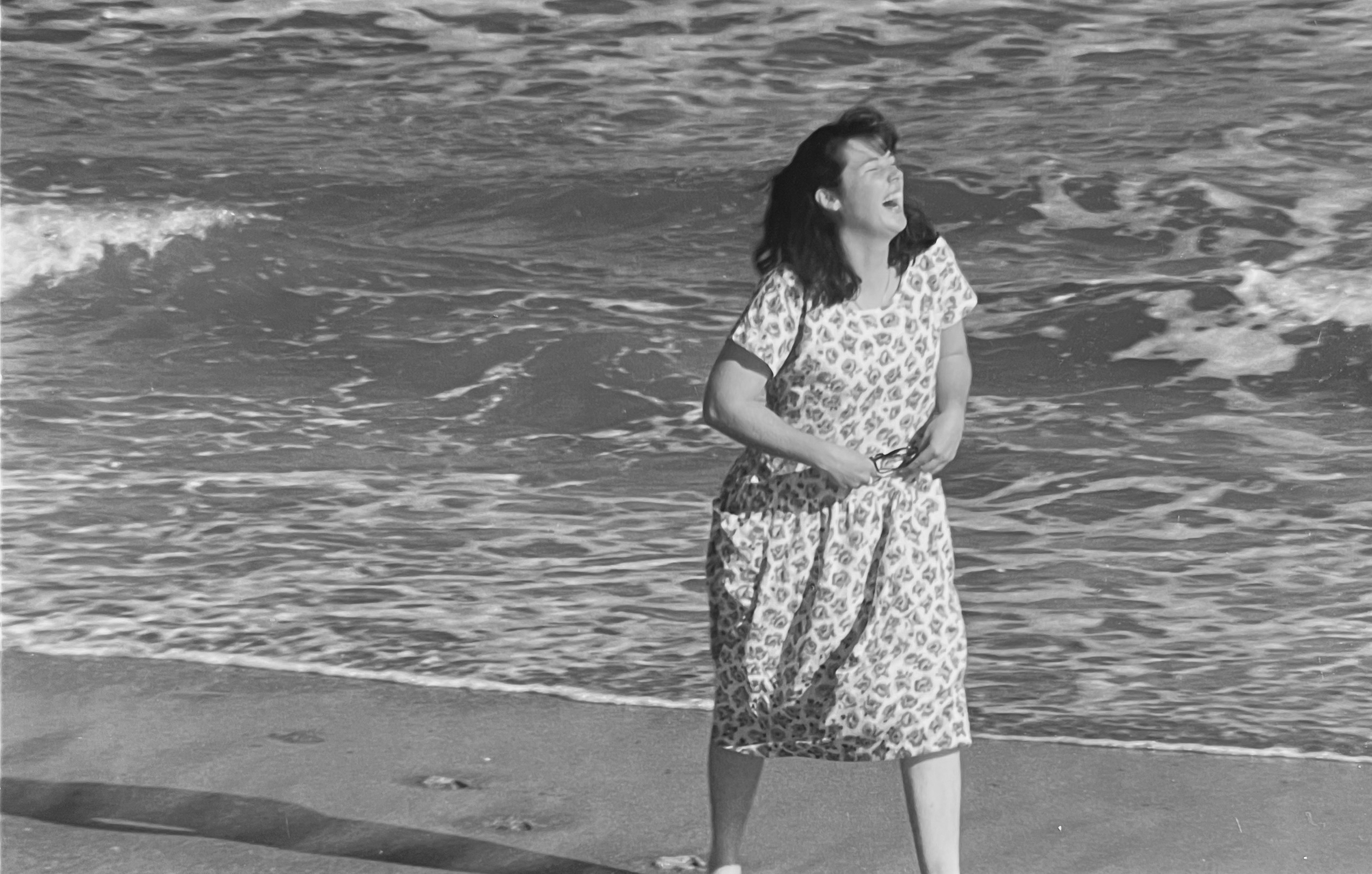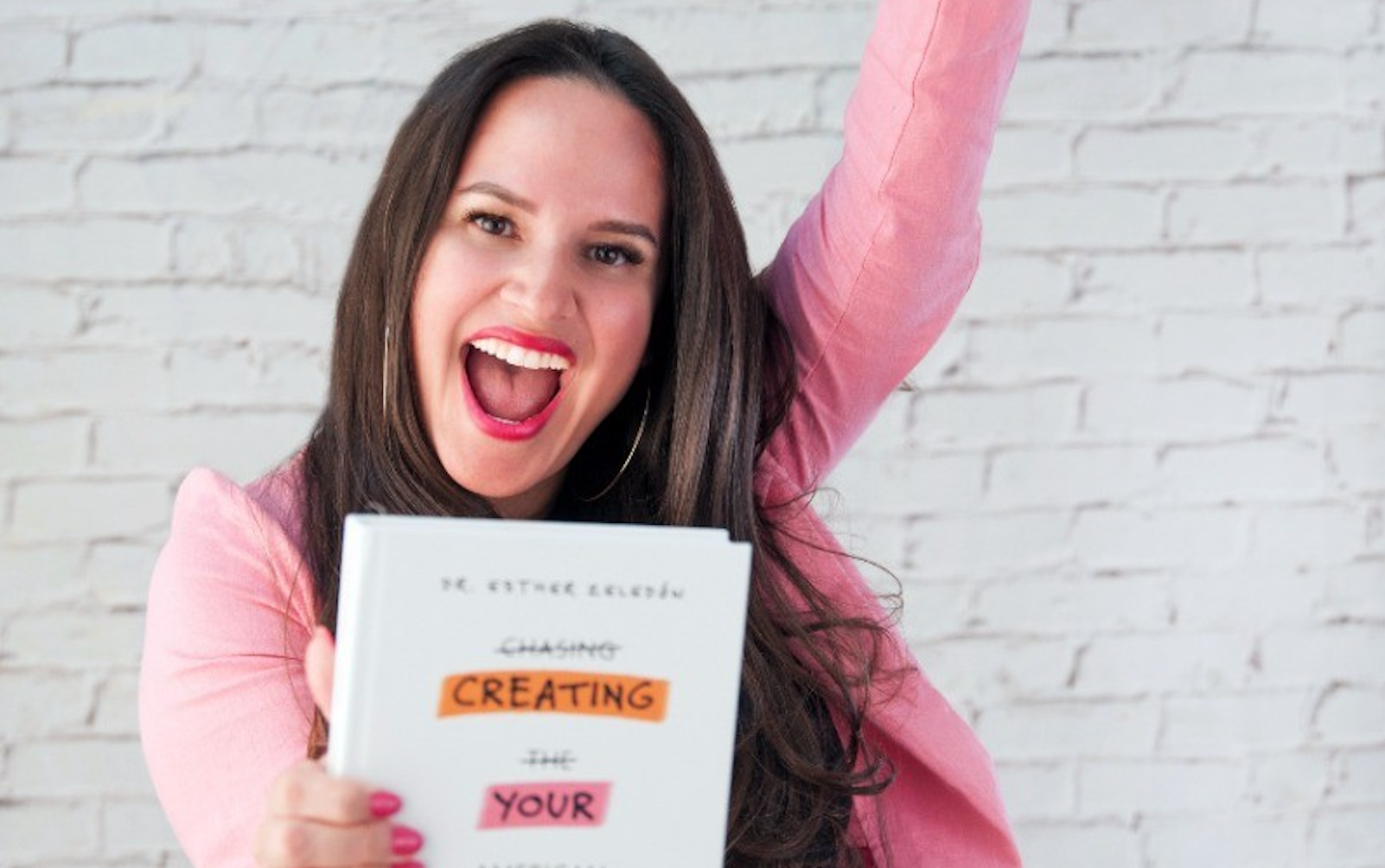
What does it look like to live in a world where we aren’t beholden to capitalism every day? What does it look like to live a life that is filled with rest and rejuvenation, rather than working ourselves to the bone until we drop from exhaustion? What would it look like to cultivate a mindset that starts first with being connected to the Earth, then our bodies, and then to our communities, instead of the “daily grind” or “hustle” mindset?
If you find it hard to even imagine this, you are not alone. But as we are learning from traditional healer, entrepreneur and mother Pānquetzani, it takes work. Pānquetzani is a BIPOC Latina influencer whose message and platforms are both focused on empowering women and giving a voice to those who need to feel empowered, seen and heard. She is the founder of Indigescuela – an international community of women + folks dedicated to holistic sexual health, traditional healing, and womb wellness.
Life and business for Pānquetzani did not always look as whole as it does today. As she shared with us in the interview below, she spent time working on her own healing, drawing on the strength of her Indigenous ancestors, and realizing that the most impactful and even profitable thing she could do for herself was first learn her own worth and live in that space authentically every day. Pānquetzani knows what it means to go from merely surviving, to truly thriving, and she wants to pass on her knowledge and empowerment to others, especially BIPOC.
Pānquetzani, who is known as Indigemama on Instagram, has a platform across all socials of over 200K followers and a very active and engaging audience. She has been recently featured on People en Espanol, as well as other publications including Pop sugar Latina, Cosmopolitan and more.
As a mom, a generational changemaker, and empowering leader helping especially women of color discover a path through life that allows them to thrive, despite the chaos around us, we knew there was a lot we could learn from Pānquetzani. Taking time out of her busy schedule, she generously spoke with us about drawing on the strength of her ancestors, what it looks like to live in a sovereign body and life, and how rest is one of the most radical acts of self-care that we can practice.

Can you tell us about your own healing journey and how it began in your family?
My own healing journey has been a cycle of learning. One of the biggest wounds that I’ve healed, not only for myself but for my family, is giving myself the tools for stress regulation for not just surviving but thriving – allowing myself plenty of rest, prioritizing my wellness with movement every day, prioritizing what I put into my body by growing my own food, and buying healthy groceries and cooking delicious meals for my family. I had to learn to prioritize myself as a sacred being who’s worthy of rest.
My grandmother the matriarch taught us how to cook using herbs and use traditional food as medicine. This is something that I’m really proud to continue in my family even though some of my family members don’t understand why I live a slow, simple life. I have seen progress throughout the years, however, simply by me living my life to honor my ancestors. I’ve seen them look at me live, and as a result slowly change on their own volition.
When did you launch Indigemama and why did you feel the call to do this work?
From the age of 12 years old I’ve been working in community, and I’ve been an activist/healer/artist in and around LA since the 2000s. In 2008 my womb called me to serve in a different, more embodied capacity, and I got pregnant with my first child. I realized that all of the knowledge handed down to me from my grandmothers was lost in many families and communities.
People saw the way that I wrapped my womb with the rebozo and asked me to show them. People saw that I ate traditional foods, fed myself teas and when I gave birth. People in my community asked me to show them exactly how I was able to birth naturally on my own terms. I think I started meeting clients one-on-one and working on them in my living room floor. Everything that I had to offer I gave to them. I fed them my healthy meals that I prepared in advance, I sent them off with fermented vegetables, I worked on their bodies through savadas I gave them rebozo Bodywork and I taught them all about Mexican traditional medicine. I had an epic moment of transformation. I learn lessons the hard way, so of course I had to hit rock bottom first.
And this is what rock bottom looked like for me: I spent the day working on clients, they brought their whole family with them even the Mother-in-law, multiple kids playing around in my garden outside with my children getting muddy and having a great time. I worked with the family for hours teaching them how to use a rebozo during labor, how to use it to release your body for pregnancy how to use it to relax and ease the baby into an optimal position in the womb. I lent them books from my library and even sent them off with fermented goodies that took me months to make. By the time they left, my home was a mess, my garden was a mess, my children were tired and hungry.
I walked over to my kitchen to serve them lunch, what happened next made me so angry, I opened the lid of the crock pot and there was no food left in it. My guests, the same people who I helped and healed for free all day, ate all of my food without considering my children. I felt really betrayed. My ex-partner came home to see me looking through cupboards to figure out what I could whip up last minute for my two children, he shamed me and left. I was on my own with two hungry kids, no food in the kitchen, no car and no one to lean on. I felt so helpless.
I realized I was the only one in charge of my livelihood and that I have the power to create a standard for my children, and I was going to give my kids the life that they deserved. I felt an immense ray of strength enter my body, as if all of my ancestors all at once lifted me to my feet.
I got dressed and walked to the corner store to buy some groceries to feed my kids that night. I told myself that I would never put them in this situation ever again. I would always have what I need so that I could give them what they need. This is why being a well-rested, happy, content, abundant, overflowing mother is so important to me. This is how Indigemama was started.
It was a calling of my people for what they needed in their lives, for what was lacking for them to have health and wellness. And it was my direct response to help them while also sustaining my children and uplifting myself.

Who is the primary audience, and one of the greatest needs you see among your community
My primary audience is Brown, Black, Indigenous People Of Color, women, people with uteruses or born with uteruses.
There are three main things that we need in our communities. The first is sexual health education and reclaiming our education using Mexican traditional medicine. A lot of Mexican and Central American families actually don’t discuss sexual health and reproductive health because there’s a lot of shame around it. There’s a lot of Catholic shame around sexual health and we know that not being educated really harms our communities.
A lot of Mexican traditional medicine has its own analysis when it comes to the human body the feminine body and the reproductive system. In Mexican traditional medicine what you need as a person with a womb is defined and outlined for you and everything that you might experience like infertility, painful periods cramps, back pain, has a remedy and not only a remedy but also a whole process for healing that actually works.
The second thing is that birth and postpartum, and childbearing is one of the biggest things that you could put your body through, yet, it’s invisibilized in modern culture, in Western culture, where we get the message that this is something for us to do on our own. And what happens when you’re isolated? What happens when you go through things alone? You’re not prepared and you’re not supported. Using Mexican traditional medicine we’re able to reclaim these practices that keep you thriving during pregnancy, they keep you thriving during postpartum. When you thrive the most important thing is that this trickles down to your infant, and your infant thrives as well.
It’s so much easier to prevent trauma than to heal from it, and when we give ourselves traditional care, when we give ourselves what is holistic indigenous care then we’re able to give our babies the best start.
The third is one of our greatest needs – self-sustainability. What does it look like to be self-sustaining? What does it look like to have a trade? What does it look like to be able to have the skills that keep you alive, that keep you thriving? A lot of folks can’t grow their own food and the more that we’re disconnected from the earth, and the ways that we need to tend to our Earth, the more disconnected we become to ourselves.
Taking your business online in 2013 yielded great results. Amidst a crowded landscape how did you work to stand apart from other businesses and healing messages?
To be very honest I never tried I never put any effort into standing out from the crowd. All of my effort went into the love that I could give myself, and the education that I could give to my people. By standing in my authenticity I really spoke to everyone who needed to work with me.
I started out locally in person and then I expanded online worldwide. Now I have thousands of students across the world and they see that I come from a decolonial matriarchal anti-capitalist framework. They see how I’m not in this to make a quick dollar but I’m actually investing in my community in a way that makes sense for my children, in a way that works well with my body in a way that pours into me. One of the things that a lot of us have seen is the martyrdom of a Healer and helper. We think sometimes that the more you self-sacrifice the better a human being you are. But what good are you if pouring into others means that you are depleted every day, that your children are depleted and not getting the resources that they deserve?
So when folks see that I approach my work from an authentic, boundaried, embodied way, that’s what automatically sets me apart. When I started doing this work online there was no one doing what I’m doing today. I had no one to look up to in the online healing space. There were no other people of color, no other Indigenous people who had an online school.
Capitalism has harmed many people on their own journey toward healing can you talk more about this, and how to counter the capitalist message?
The number one thing that capitalism does is exploit people. Capitalism also exploits resources, so when I think about this, my question is, how can I preserve myself, versus focus on what I’m producing? My value is not in what I produce, my value is not in the amount of Revenue that I’m able to bring in for someone else.
My value is because I’m a divine human being whose ancestors sacrificed and bled in order for me to be here. My value is that I have a purpose and in order to fulfill that purpose I need to have my basic human needs fulfilled. I need to do all of this from a space of overflow and abundance, otherwise I’m gonna stay in survival mode just like past generations. And what was the cause of their survival mode? Capitalism. When you focus on the human, on wellness, on regeneration, and when you decenter money, you take away the power that capitalism has over you.
This is why a lot of my Indigenous business students come to me because they want to unlearn everything that they’ve been taught their whole lives. Navigating capitalism comes from observing the natural cycles of the Earth, and from a system of values that tie us to our people.
There are so many women who feel unseen and unheard by the medical industry, and even white feminism. How does Indigemama create a space for especially BIPOC to be valued and nurtured?
Indigemama is an incubator. Indigemama is a collective womb for folks who are coming home to their ancestral wisdom. A lot of the folks who I’ve worked with have experienced medical trauma during pap smears, pregnancy, childbirth, postpartum etc. There’s a lot of hierarchical power dynamics that happens when you give your body over to a health care provider who really isn’t versed in the amount of trauma that we have had to overcome as Indigenous women.
There’s so much sexual abuse in our communities, yet, we’re not given the tools to heal this generational wound. This is something that we as survivors have had to learn on our own, and this incubator that tells Black Indigenous People Of Color, especially Indigenous women “I see you, I know you, I feel you, I am you” and this is the medicine to heal your wound, then this creates the space for community. When we get together, healing inevitably happens. If you put us in a space together we’re gonna share resources, we’re gonna lend support, we’re gonna cheer each other on, and this is the space that Indigemama cultivates.
How do you practice healing rituals in your own life and with your kids/family?
In my family the biggest most significant healing ritual in my home is the way that I choose to mother. It is so different than the way that I was raised. I was raised by a stressed, anxious mom, who was surviving capitalism, she didn’t have time to slow down. I never saw her rest. She didn’t stop until she dropped, and on most days she was the worst version of herself. I don’t blame my mother because like she says, she did the best with what she had and it wasn’t her fault for not having it.
Racist, colonialist, capitalist patriarchy is to blame here. The fact that I choose to rest, the fact that I choose to pour into myself, the fact that I choose to be calm loving happy, gives me the opportunity to actually enjoy my children. I didn’t have any adults that I could really really trust, and the fact that I can give that to them with our relationship is such a huge shift that’s happening. Of course, it’s not perfect but when I see the jump that we made from one generation to the next, I’m so proud of myself for making this happen.
We eat traditional foods, we use traditional medicine when we’re sick. My kids know how to grow corn beans and squash. They know how to forage and make tools. They know how to communicate, they know how to approach with love and emotional intelligence. All of these things every day are healing rituals.
Can you tell us more about Indigiscuela, how it is empowering your clients bring sovereignty into their lives, and what sovereignty means?
Sovereignty is holistic which means your mind, body, spirit and the space that you take up. Sovereignty means that you are able to make the ultimate decision. Sovereignty means that you have power, dignity and human rights. Sovereignty means that no one gets to tell you what to do with your body. No one infringes on your freedom.
At indigiscuela, I teach two things: sovereignty by way of your body, and sovereignty by way of your business. Some folks might think that ancestral healing has nothing to do with business but if you’re able to have an independent business that brings your family together that provides you and your children stability, that gives you the opportunity to make decisions for yourself, and to show up as much or as little as you desire.
I teach people how to cook traditional foods. I teach people how to grow and prepare their own medicine. I teach people how to be their own womb healers. I teach folks how to show up for families after giving birth. And I teach folks how to live a life in their calling, without burning out or selling out through embodied enterprise.
You have some exciting projects in the pipeline: can you tell us about your book?
The book, where I talk about using Mexican traditional medicine is set to release in 2024. I have almost finished writing my 80,000 word manuscript that includes more than two dozen traditional herbs for postpartum care. This is going to be the first book of its kind. I searched, and my editors have searched, and we can’t find any other manuscript like the one I’m writing for my people.
It started as a manual for my postpartum students. This was a training manuscript to teach them how to care for people after giving birth using Mexican traditional medicine so that they know exactly what they’ll need step-by-step from day one to day 40.
What does it mean to go from surviving to thriving?
When I think about going from surviving to thriving I think about who I was 10 and 15 years ago. I was someone who poured out into everyone and had to fight just to pour into myself a little bit. I wanted to give, I wanted to serve I wanted to help and heal, but I didn’t think that I deserved those things in return.
It was so hard for me to ask for what I needed come into the humble space of knowing that I need help. I’m someone who was on welfare, food stamps, and public assistance. My electricity and utilities were constantly being shut off, yet I was so busy helping other families.
I just gave away thousands of dollars of scholarships and I’m able to give more education and I’m able to help more people from this well-rested abundant space. I’m well supported. I have a team of six people behind me, holding me up. Team Indigimama keeps everything moving forward, for everyone who needs help and support.
I have support with my children, I have them in educational programs, they have health insurance. They’re able to do extracurricular activities that enrich their life and will help them figure out who they are as humans so that they can reach their full potential. I have a home that’s my little oasis with native Californian plants in the front and a Herbal Healing Garden in the back yard area. I step outside and I can take an outdoor shower, connecting with the wind, connecting with water, connecting with the Earth.
I feel so much peace and I’m able to step into this modern world as an ancestral healer from a space of wholeness and the space of deep trust in myself and where I was placed by my ancestors. Thriving means pouring from overflow. Thriving means that I’m investing in myself, my community and my children without burning out so that the seeds that I plant today can be a part of their garden tomorrow.
You can learn more about the work Pānquetzani is doing by visiting Indigemama.com and Indigescuela.com. Follow both @indigemama and @indigescuela on Instagram, as well as TikTok. Management, Production, PR: Alessio Filippelli @ale_ssiofilippelli. Photography included in this feature courtesy of Olive La Vida, Karissa M Raya, Sophia Pav.












